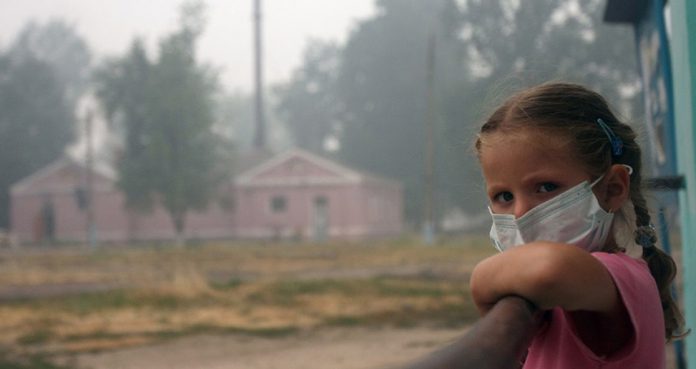The World Health Organization (WHO) says countries are not offering children the chance of a healthy upbringing and a safe environment for their future.
Officials say that dangerous ads promoting fast-food consumption, under-age drinking, and climate change have been putting children at risk of health issues.
In the world of overall health and wellbeing of children, the United Kingdom ranked among the top 10 nations. However, it failed to safeguard the environment for the future.
The WHO, the United Nations Children’s Fund (UNICEF), and the Lancet Commission contributed to the report. They looked at 180 countries on the risk of children being able to “flourish,” focusing on health, as well as wellbeing factors – such as nutrition, education, and child mortality. They also ranked the countries based on their carbon emission levels.
Nearly 40 pediatricians said progress made over the 20 years would reverse if governments fail to make necessary changes.
Former New Zealand Prime Minister, Helen Clark, who co-chairs WHO-UNICEF-Lancet Commission, said, “Every child worldwide now faces existential threats from climate change and commercial pressures.”
“Countries need to overhaul their approach to child and adolescent health to protect the world they will inherit in the future,” she added.
The officials warned that a 39.2F (4C) rise in global temperatures by 2100 would cause devastating health consequences, especially to future generations. Global warming could lead to heatwaves, severe malnutrition, a rise in ocean levels, and an increased risk of infectious diseases.
Another co-chair of the commission, Awa Coll-Seck said, “More than two billion people live in countries where development is hampered by humanitarian crises, conflicts, and natural disasters, problems increasingly linked with climate change.”
“Promoting better conditions today for children to survive and thrive nationally does not have to come at the cost of eroding children’s futures globally,” added Coll-Seck.
The new report found that the UK, the US, and Australia were among the worst carbon emitters.
The experts specifically highlighted the point that children are at risk of developing health issues due to harmful advertisements that encourage them to eat fast foods and even alcohol. There were more than 30,000 advertisements a year, which promoted drinking alcohol and sugary drinks and eating junk foods.
Prof. Anthony Costello from University College London, which is the author of the commission, said, “We have few facts and figures about the huge expansion of social-media advertising and algorithms aimed at our children. For almost one in every two children to be poor in 21st Century Britain is not just a disgrace but a social calamity and an economic disaster, all rolled into one.”























